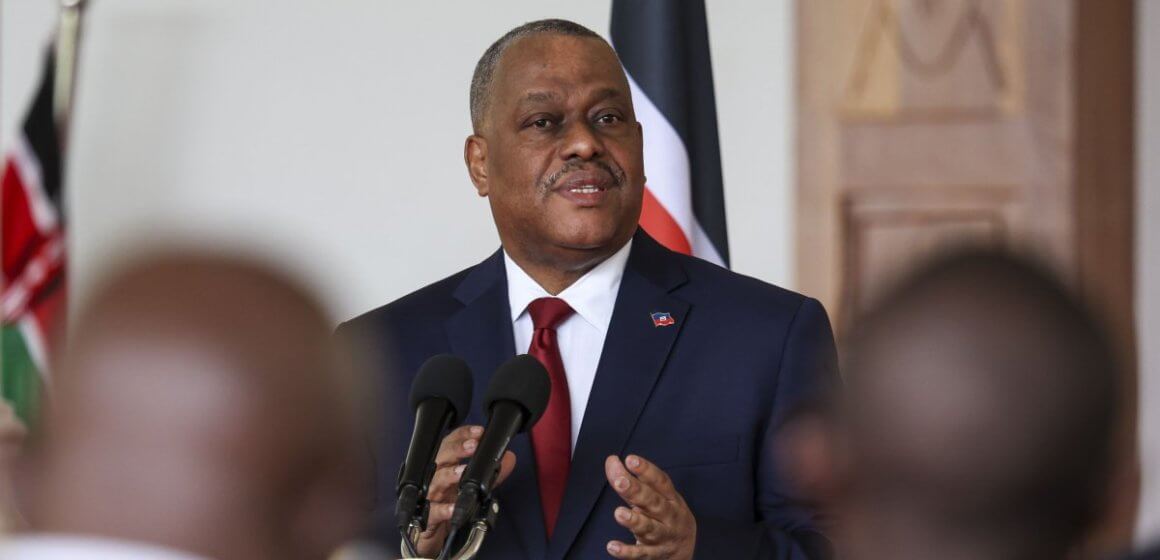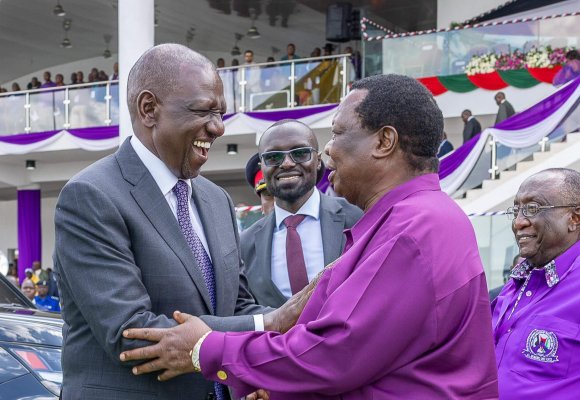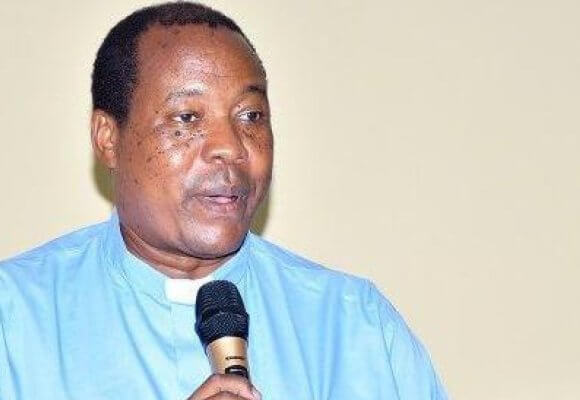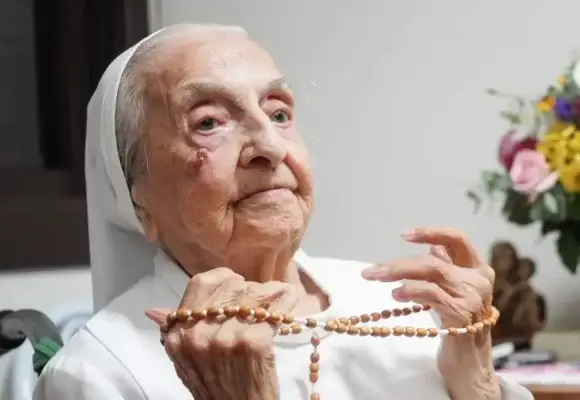|
LISTEN TO THIS THE AFRICANA VOICE ARTICLE NOW
Getting your Trinity Audio player ready...
|
Haitian Prime Minister Garry Conille was abruptly removed from office on Monday, November 11, by Haiti’s ruling Transitional Presidential Council (TPC), less than six months into his tenure.
The decision, signed by eight out of nine members of the council, marked a new turn in Haiti’s ongoing struggle to restore stability amid a wave of gang violence and political instability. Businessman and former Senate candidate Alix Didier Fils-Aimé was named as Conille’s replacement.
Conille, a seasoned former United Nations official, was appointed earlier this year with the hope that his experience might steer Haiti through its complex crises. His mandate was to tackle the gang-dominated security crisis and prepare for Haiti’s long-overdue presidential elections. But Conille’s efforts were stymied by a fractured political landscape and the rising influence of powerful criminal organizations.
In a letter addressing his removal, Conille criticized the council’s decision as illegal and a blow to Haiti’s fragile rule of law, voicing “serious concerns” about the country’s trajectory. Haiti’s constitution states that only parliament holds the authority to dismiss a sitting prime minister—yet, in the absence of a functional parliament or president, the council’s actions have raised questions about legality and legitimacy.
The Transitional Presidential Council, formed in April, was originally set up to fill the power void left by Conille’s predecessor, Ariel Henry, who was ousted after gangs seized control of key areas in the capital, Port-au-Prince. Henry’s sudden exit was a significant event in Haiti’s political history: he was barred from reentering the country after gang forces captured the capital’s international airport during his absence at a summit in Guyana in February. Since then, the council has been charged with restoring order and facilitating the first presidential election since 2016. However, the escalating violence has left many skeptical about the council’s ability to carry out this mission.
Haiti’s security situation has worsened dramatically in recent years, exacerbating existing economic and humanitarian crises. The United Nations estimates that over 3,600 Haitians have lost their lives in gang-related violence this year alone, while half a million people have been displaced from their homes. The ongoing conflict has compounded an already dire food crisis, with nearly two million Haitians facing emergency levels of hunger, and nearly half the population struggling with food insecurity.
The gangs, led by figures such as Jimmy Chérizier—nicknamed “Barbecue”—have exploited the lack of central authority, expanding their reach across swathes of the country. Chérizier has previously indicated a willingness to negotiate if gangs are included in discussions to establish a new government, but his proposal has sparked controversy and debate within the fractured political sphere.
Since the assassination of President Jovenel Moïse in 2021, Haiti has not held a presidential election, leaving a power vacuum that has fueled the rise of armed groups. Last month, international attention turned back to Haiti when hundreds of Kenyan police officers were deployed to support the local police in containing the escalating violence, with more officers expected to arrive in the coming weeks.











LEAVE A COMMENT
You must be logged in to post a comment.